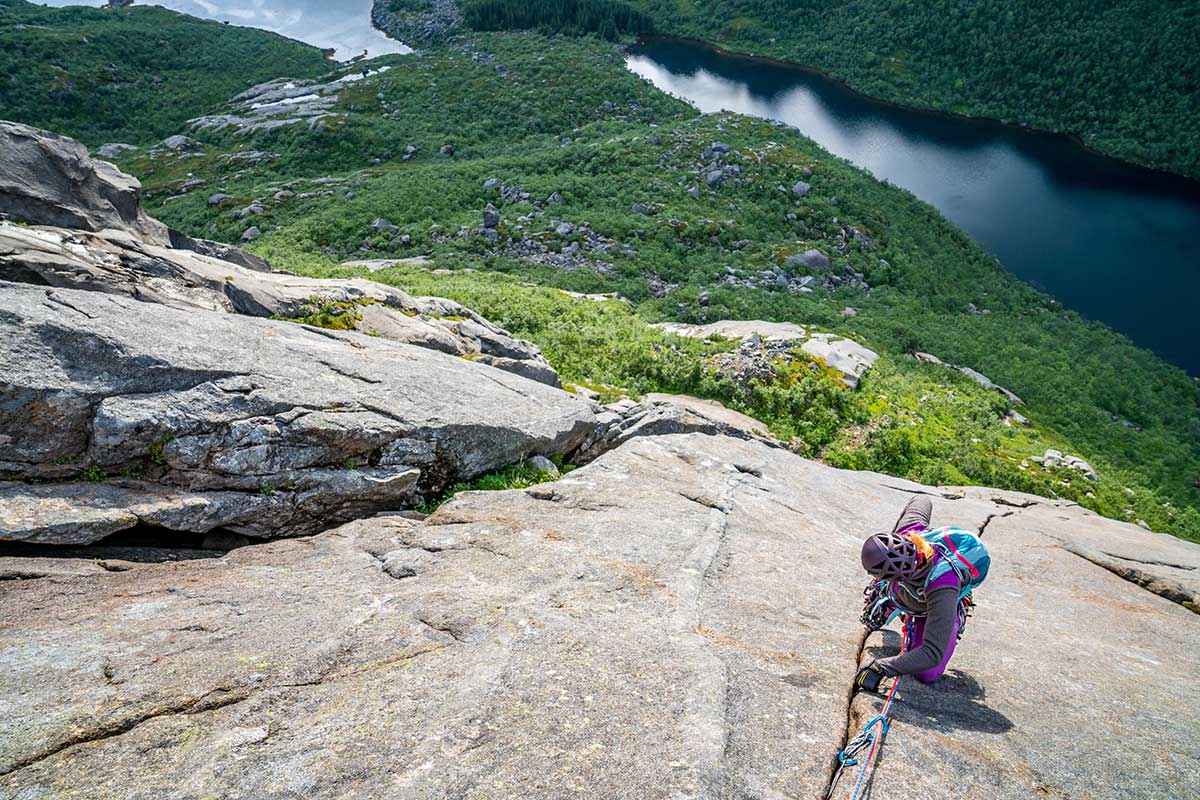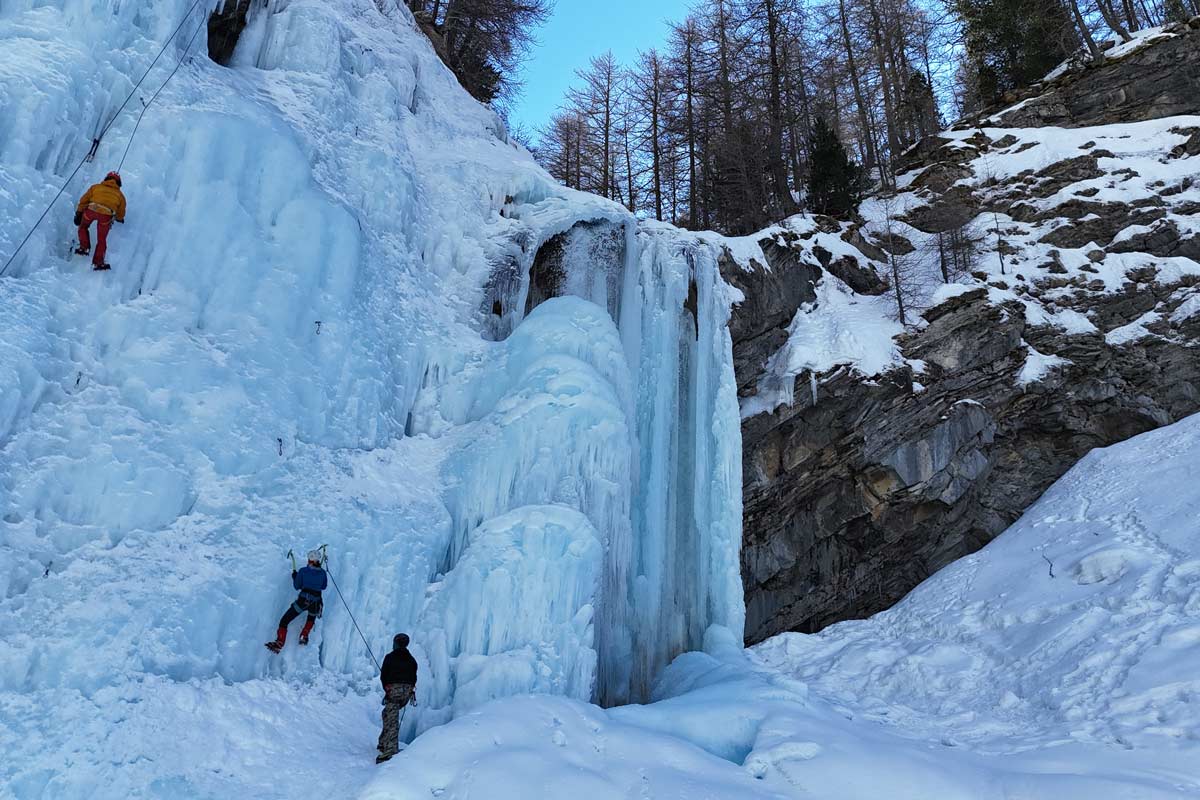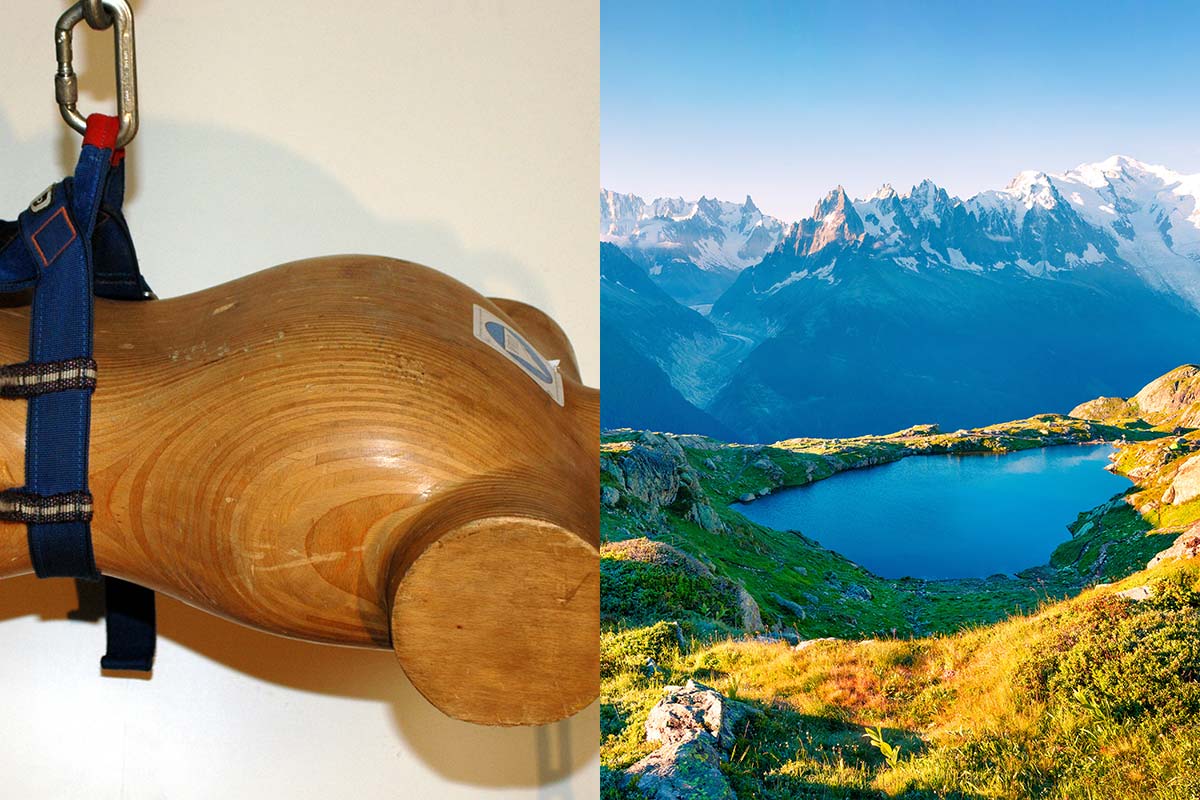The International Climbing and Mountaineering Federation (UIAA) Covid-19 Crisis Consultation (CCC) Taskforce held its fifth online meeting on 23 September. This Taskforce, created in April, offers guidance and leadership on subjects related to climbing and Covid-19. All communications related to the UIAA and Covid-19 can be found on the dedicated Portal.
In addition to the meeting summary below, the UIAA also published the following statement regarding climbing and Covid-19. The message encourages climbers to follow advice from competent authorities in their respective countries and regions and when and where possible to continue climbing, and climb local.
General
The pandemic shows no signs of abating. The worst hit countries currently include Brazil, India, Peru, Russia and the United States. The diversity in the reporting of numbers has led though to a difference in the quality of statistics. An issue which makes it hard for the UIAA, as a worldwide organisation, to offer general recommendations.
Visiting mountain regions
Members of the UIAA Medical Commission reinforced the message that climbing and visiting mountain areas should not lead to a strain on health resources providing restrictions and measures be fully respected. However, there have been some worrying trends where measures have not been followed. UIAA Access Working Group members recently provided details of post lockdown in their respective countries with some noting that there had been a rise in accidents, particularly amongst novice climbers and those unfamiliar to the mountain environment. On this same subject the German Alpine Club (DAV) recently published its accident report for last year. Its general takeaway was that accidents have decreased but fatalities increased. A number of incidents reported were caused by people using inappropriate equipment. Like many federations, the DAV is bolstering communication about the importance of following training programmes and general equipment advice.
Competition sports
The UIAA and its Ice Climbing Commission continue to review the possibility of hosting the 2021 UIAA Ice Climbing World Tour and under which parametres. The first World Cup is scheduled to take place in South Korea in early January 2021. Owing to current travel restrictions and the spread of Covid-19, it appears unlikely that international competitions will take place. The UIAA is currently reviewing the competition calendar and working with organisers to focus more on national and continental events without encouraging people to travel the world. The provisional calendar for 2021 will most likely be rolled over to 2022. In 2021, the Commission is considering a Europe-centered “Tour des Alpes” possibly including a European Championships. In Germany, the DAV recently organised an IFSC European Youth Climbing Cup. Participation was quite low. With quarantine restrictions, climbers are understandably reluctant to travel.
During the meeting, a round-up from selected countries was provided:
China: Bookings to visit certain peaks have reopened. It is not clear yet whether climbing will be permitted.
Germany: The situation in Germany has changed since the last CCC meeting in mid-August. Infections have gone up to 2,000 per day and there are some hot spots like Munich. Mountaineering was possible over the summer. In the autumn, there will be greater restrictions. The German Alpine Club (DAV) does not recommend using huts in the winter, owing to limited space. DAV membership is growing this year, despite the lockdown. A clear indication that mountaineering is popular and many new people have become ‘converted’. Climbing gyms are being operated and people are now used to the restrictions and measures they need to follow. Some gyms/clubs have developed a tracking tool on their platforms to provide live data about the number of individuals active at a given time. Austria is preparing restrictions/measures for ski resorts; these are not yet published. The DAV Summit Club is not offering any trips to Nepal this year. Plans for next year are not yet in place. Companies are reducing office space and moving to home-office modes. DAV staff: up to 70 % back in the office, others work from home.
India: Is witnessing a reduction from the peak. There is still an average of 74,000 cases per day. Testing has reached 1.2 million per day, a significantly large number, yet still not enough for such a big country. In mountainous areas, activities such as hiking have been allowed, e.g. in Himalayan states. There are good processes in place. All staff, porters, hikers have to get tested prior to the trip, then go into 14 days of quarantine. In other areas there are significant restrictions in place. No international visitors are permitted yet and flights are unavailable (except for relocation). The Indian Mountaineering Foundation (IMF) is receiving many questions and requests. Areas may open for expeditions in the pre-monsoon period next year at the earliest. It is not an ideal time to visit the Himalayas, things are still very uncertain. The number of available ICU beds is quite high, but in the mountain regions medical facilities are limited. When someone gets infected or injured, they are transferred to the bigger cities.
Iran: Mountaineering and climbing is incredibly popular, clubs are accepting more members. Issues with people not following the rules and overcrowding.
Nepal: Trekking guidance is currently being reviewed and a 7-day-quarantine period is likely to be imposed. Further details will be published in due course following collaboration with the Nepal Mountaineering Association (NMA). The virus continues to spread, although the fatality rates in countries around India, Pakistan, Nepal is generally quite low. International flights are coming in, but not for tourists, only for Nepali migrant workers returning from the Middle East. In the fall, Covid-19 will likely develop but as an Australian case study suggests, the influenza virus may be less prevalent than previous years.
Switzerland: Huts are open in Switzerland. In general, they had a good summer with limited/reduced sleeping and eating capacity. Sometimes they were overcrowded. Mountain guides are reporting a busy season with many tours organised and a significant popularity of trekking and mountaineering. Huts will stay open for the wintertime, with the same restrictions and rules in place as in the summer. Quarantine is a big issue, but people have to handle it responsibly and individually.
The next UIAA CCC Taskforce meeting is scheduled for the second half of November and after the UIAA General Assembly, 23-24 October.
The CCC Taskforce is made up of the following members:
Frits Vrijlandt, UIAA President
Lode Beckers, UIAA General Secretary
Mahmoud Hashemi, UIAA Executive Board
Peter Muir, UIAA Treasurer
Françoise Jaquet, SAC President, UIAA Management Committee
Josef Klenner, DAV President, UIAA Management Committee
Amit Chowdhury, UIAA Safety Commission President, UIAA Management Committee
Urs Hefti, UIAA Medical Commission President
Buddha Basnyat, UIAA Medical Commission
Christine Pae, UIAA Management Committee
Nils Glatthard, UIAA Director of Operations
Peter Bourne, UIAA Communication Manager
Carol Kahoun, UIAA Project Manager
The UIAA – International Climbing & Mountaineering Federation – has published a number of resources related to Covid-19.
The dedicated UIAA website portal can be found here.
Reports from the meetings of the UIAA Covid-19 Crisis Consultation (CCC) task force.
16 April – creation of CCC
28 April – first meeting of CCC
14 May – second meeting of CCC
18 June – third meeting of CCC
11 August – statement
23 September – statement
Main photo: Rémy Duding – www.remyduding.ch



